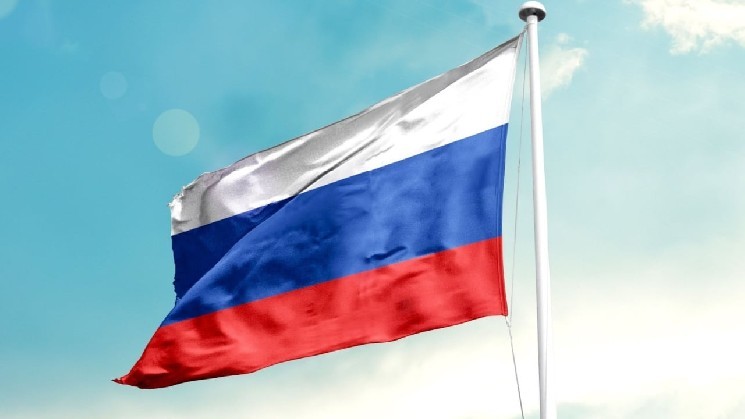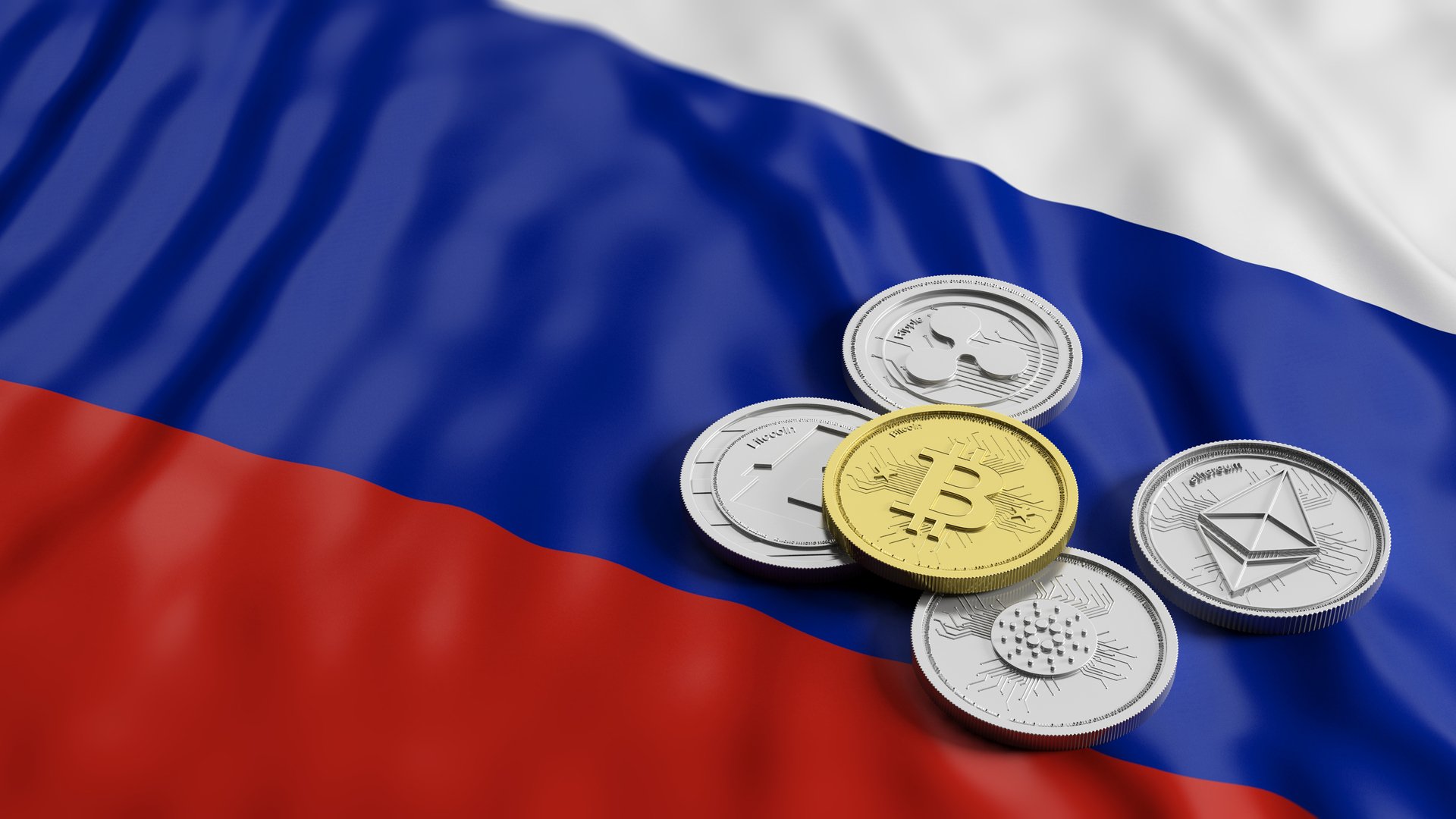Strong rouble, cheap oil may push Russia into borrowing spree this year
By Darya Korsunskaya and Gleb Bryanski
MOSCOW (Reuters) - A strong rouble and low oil prices are set to widen Russia's budget deficit this year, adding to the pressure on it from military spending and forcing the government to borrow more than it planned or tap its remaining fiscal reserves, analysts say.
The rouble is up 26% against the dollar so far this year as relations with the U.S. thaw out and the potential for an end to the conflict in Ukraine grows. But the currency is also 12% stronger than the level assumed in this year's budget.
"A strong rouble is a blessing for the people but a pain for the budget. This is because we receive oil and gas revenues in foreign currency, which are then converted into roubles," said economist Evgeny Kogan.
If the currency stays near 81 per dollar all year, Kogan said the deficit would expand to 1.5 trillion roubles - more than the currently planned 1.2 trillion.
While the cabinet had aimed to narrow the budget gap to 0.5% of gross domestic product this year, the early signs are not good: In the first two months of the year, the deficit ballooned to 1.3%.
Furthermore, while recent U.S.-Russia talks and telephone conversations between the two nations' presidents have raised hopes for peace they have not yet led to a ceasefire.
"Since the geopolitical context remains extremely volatile, the Ministry of Finance's plans may undergo adjustments," said Alfa Bank’s chief economist Natalya Orlova, adding that growing spending was an inflationary risk.
ROUBLE DECOUPLES FROM OIL
Meanwhile, the international price of Russia's Urals blend of oil fell to a 14-month low of around $54 per barrel by mid-March, pushing the rouble price used for Moscow's fiscal calculations to its lowest since June 2023 - a hefty 29% below the 2025 budget benchmark.
A lower oil price usually triggers rouble weakening, and some economists called the current "decoupling" of the exchange rate from the oil price a unique situation for the Russian economy.
TsentroKreditBank economist Evgeny Suvorov believes budget cuts become inevitable if the oil price sinks to $50 per barrel or less.
"How to do this during ongoing military action is unclear," he said.
In the first two months of the year revenues from energy sales, which account for about a third of Russia's budget income, fell 3.7% year-on-year to 1.56 trillion roubles, according to the Finance Ministry.
"The situation is not Armageddon but it is nevertheless sensitive. These are significant losses that will need to be covered either by additional borrowing or by using the National Wellbeing Fund," said Sofya Donets from T-Bank.








